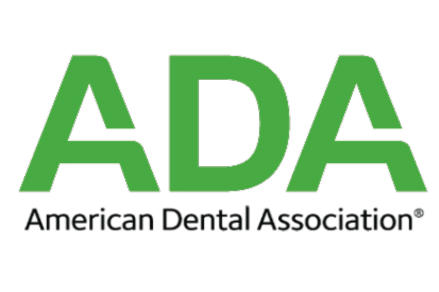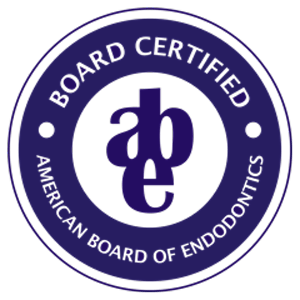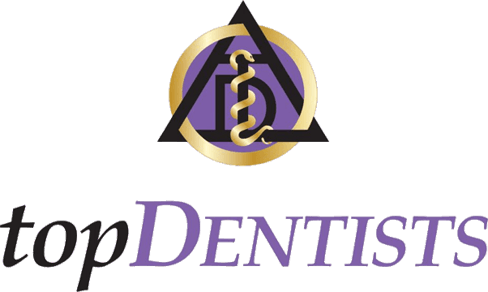Before Endodontic Treatment
On the day of your endodontic treatment, please eat a full breakfast or lunch as applicable. There is no need to restrict food or drink prior to your appointment. This procedure will be performed using local anesthesia.
If you can take ibuprofen (Advil) or naproxen sodium (Aleve), it does help reduce inflammation when taken pre-operatively. We recommend 2 tablets of either medication 2-4 hours before endodontic therapy.
If you have been advised by your physician or dentist to use antibiotic premedication because of mitral valve prolapse (MVP), heart murmur, hip, knee, cardiac or other prosthesis, or if you have rheumatic heart disease, please make sure you are on the appropriate pre-medication on the day of your appointment. If there is a question, please call our office prior to your appointment.
There are usually no restrictions after the procedure concerning driving or returning to work. Continue all medications for blood pressure, diabetes, thyroid problems and any other conditions as recommended by your physician. If there is a question, please call our office prior to your appointment.
After Endodontic Treatment
The root canal system inside your tooth has been thoroughly cleaned, shaped and sealed. Your tooth and surrounding gum tissue may be slightly tender for several days as a result of manipulation during treatment and previous condition of your tooth. This tenderness is normal and is no cause for alarm. Do not chew food on the affected side until your endodontic therapy is completed and your tooth is covered with a protective restoration provided by your restorative dentist. You may continue your regular dental hygiene regimen. Discomfort may be alleviated by taking ibuprofen (Advil), aspirin, or acetaminophen (Tylenol) as directed.
Before Surgery
If your treatment requires surgery (apicoectomy), please follow the guidelines below.
This procedure will be performed using local anesthesia. There are usually few restrictions after the procedure concerning driving or returning to work. A doctor is available at all times should a question or concern arise after your treatment.
- Avoid aspirin or aspirin-based products, including NSAIDs (non-steroidal anti-inflammatory drugs) one week before surgery.
- Continue all medications for blood pressure, diabetes, thyroid problems and any other conditions as recommended by your physician. If there is a question, please call our office prior to your appointment.
- Please eat breakfast or lunch as applicable.
If you have been advised, by your physician or dentist to use antibiotic pre-medication because of mitral valve prolapse (MVP), heart murmur, hip, knee, cardiac or other prosthesis, or if you have rheumatic heart disease, please make sure you are on the appropriate pre-medication on the day your appointment. If there is a question, please call our office prior to your appointment.
After Surgery
- Apply an ice pack over the area treated for the remainder of the day (15 minutes on then 15 minutes off). This will reduce the amount of swelling that normally accompanies this procedure.
- A small amount of bleeding for the first 48 hours is normal. Swelling may occur after surgery and is completely normal. It may begin 24 hours after surgery then increase for 48 hours, then gradually subside. Sleep with your head in an elevated position for the first couple of nights after surgery.
- Follow a soft diet for the first 48 hours. Avoid hot and spicy foods. Avoid or restrict smoking.
- Do not lift the lip or place the tongue on the area. This may loosen the sutures.
- Do not brush near the area. You may keep the mouth clean by gentle rinsing as described below. Brush other areas as usual.
- Please wait a full 24 hours after surgery before rinsing your mouth. After 24 hours, you may rinse with a warm salt water (one teaspoon of salt per 8 oz. glass). Continue this until your post surgical visit 5-7 days later. No mouth wash is to be used during this time as it is very irritating.
- Continue to take all medications prescribed until instructed otherwise.
Note: If your sinus was involved during surgery (the doctor and staff will inform you) please refrain from blowing your nose. Please use a nasal decongestant spray to prevent congestion. If blood is seen through the nose, this is not unusual and will subside within 48 hours. If excessive bleeding is seen, please inform the office.
We expect your recovery period to be as uneventful as possible. However, if a question or concern should arise regarding your treatment, or if any of the following symptoms occur: severe pain, excessive bleeding, marked rise in temperature or unusual reaction to medications, feel free to contact our office.
Tooth Left to Drain
In order to alleviate your distress, your tooth may have been left open for drainage. Follow these instructions until your next appointment:
- Irrigate your tooth as instructed with warm salt water after every meal (one teaspoon of salt in a glass of warm water).
- Avoid blocking the open tooth with food by cautiously eating on the opposite side of your mouth. Avoid eating foods that may contain small seeds in it that may get caught in the tooth. To prevent any accidental food blockage, continuously and gently rinse after meals or snacks with warm salt water.
- Avoid using objects (such as toothpicks) to remove debris within the tooth. Gentle and continuous warm salt water rinses are often all that are needed for removal of debris.
- If medication(s) have been prescribed, use according to directions.
- Notify this office in the event of any significant swelling, pain, or problems from the prescribed medication(s).
Remember that even though your tooth may be comfortable, follow-up treatment is necessary.
We expect your recovery period to be as uneventful as possible. However, if a question or concern should arise regarding your treatment or medication being taken, feel free to contact our office.




